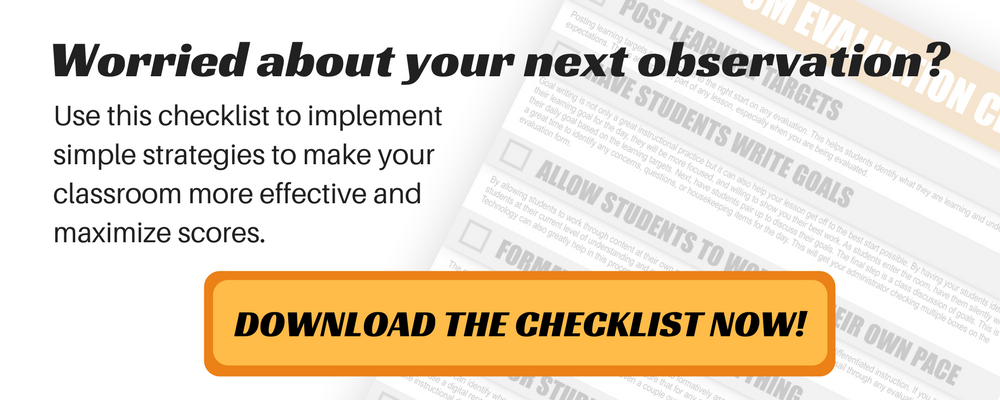How can you ensure each professional development event reaches all your teachers?
The Answer: Lead by example and run PD like a progressive classroom!
We require teachers to instruct using innovative, dynamic, and well developed lessons carrying a strong purpose. Why should PD be any different?
I D.A.R.E. you to lead by example and make your next professional development event awesome for your teachers!
Utilize D.A.R.E. and begin leading by example for your staff.
Differentiate
Just like our students, our teachers are not all on the same level. Providing instruction using differentiation techniques is essential to reaching all teachers. So, how can you structure instruction to provide teachers with the information they need to become stronger educators?
Create Small Groups – Each group of participants can either be sorted by the instructor prior to the PD session, or asked to reflect and sort themselves based on their comfort level and understanding of the topic. Asking teachers to sort themselves requires teachers to take ownership over their learning throughout the PD session.
Individualize Learning – To ensure each participant grows during a PD session, provide teachers with a differentiated model full of topics to explore. Once a topic is identified, scaffolding information utilizing Webb’s DOK, provides participants with targeted learning opportunities. Organizing this may be challenging, so consider utilizing a self-paced instructional method or provide access to an easy to use framework.
Ask
What do your participants want to learn? Provide teachers with opportunities to choose topics they are interested in! All you have to do is ask. Collecting information and organizing feedback can be a tedious task. Consider utilizing programs – like Google Forms – to create surveys and response options for your participants. Talk about targeted and engaging PD for your teachers!
Reflect
Allow time and opportunities for teachers to reflect on their personal teaching and provide feedback after each PD session. Reflection is essential in achieving growth for any teacher. However, reflection is a skill and may not come naturally for teachers. Through the art of reflection, teachers are able to better identify topics they are interested in and areas of focus for future PD sessions.
Group / Open Form Reflection – Using an open forum, large groups can reflect through discussions. While it is necessary for this environment to be a safe space aimed to focus on finding solutions, this format often allows teachers to empathize with one another and form relationships from similarities found within their reflection.
Individual Reflection – Providing participants time for personal reflection can be down through a paper/pencil medium or a electronic outlet. Here, teachers are asked to reflect individually on their personal teaching. While this is very beneficial and allows teachers to take ownership over their growth, it is essential to organize an opportunity for small group reflection to ensure each teacher is able to develop a plan for growth moving forward.
Exchange
Provide teachers opportunities to exchange and collaborate with one another! In each PD session, you will have a mixture of creative and innovative educators. Allow teachers to share their ideas and successes throughout the PD process. Teachers should be viewed as experts as well as learners. This environment allows for teachers to connect with their peers and invite new learning into their lives. This is also a perfect time to introduce the Growth Mindset – focusing on the power of “Yet.” All PD sessions are filled with those who can master the art of instruction…even if they are not there yet.




